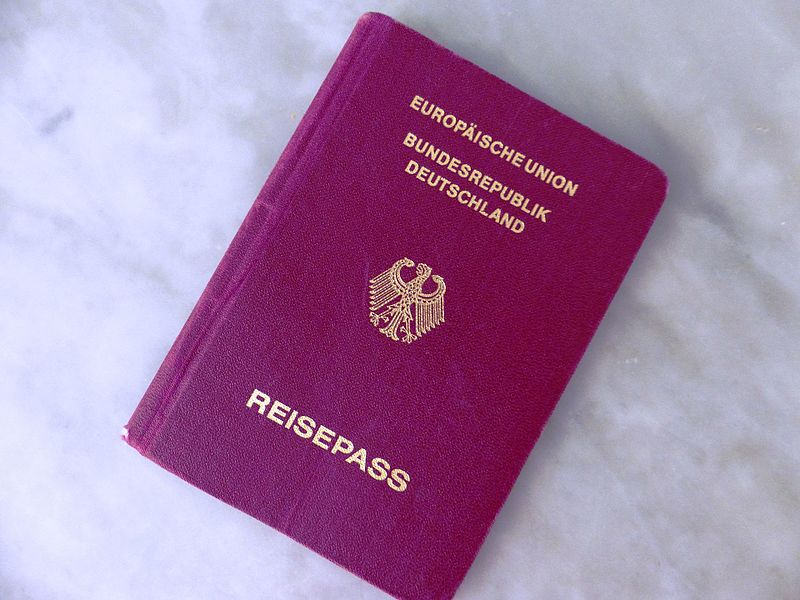
The German interior ministry has presented a draft legislation aimed at streamlining the citizenship application process and creating job opportunities in Germany, as the country seeks to
attract skilled migrants. The proposed legislation includes provisions for multiple citizenship options and shorter residency requirements, reducing the naturalization period from eight years to either five or three years.
As of the end of 2021, Germany had approximately 72.4 million individuals with German citizenship and around 10.7 million individuals with foreign citizenship. Among them, approximately 5.7 million foreign citizens had been residing in Germany for at least a decade.
The draft legislation specifically addresses the situation of the "Gastarbeiter" generation, primarily consisting of Turkish migrants who arrived in Germany during the 1950s and 60s as laborers. It includes measures to ease the German language proficiency requirements for this generation, recognizing their significant contributions and long-standing presence in the country.
Interior Minister Nancy Faeser highlighted the importance of allowing integrated individuals to participate in shaping Germany's democratic processes. Faeser cited examples from countries like Canada, emphasizing the role of such perspectives in attracting skilled workers to meet the country's labor demands.
The German government's aim to reform immigration laws comes in response to the need for workers from outside the European Union to fill numerous job vacancies in sectors such as gastronomy, childcare, IT, and renewable energies.
However, the draft legislation has faced opposition from within the ruling coalition and the conservative opposition party. Critics argue that it may encourage illegal migration and undermine incentives for migrants to fully integrate into German society. Photo by JouWatch, Wikimedia commons.



































